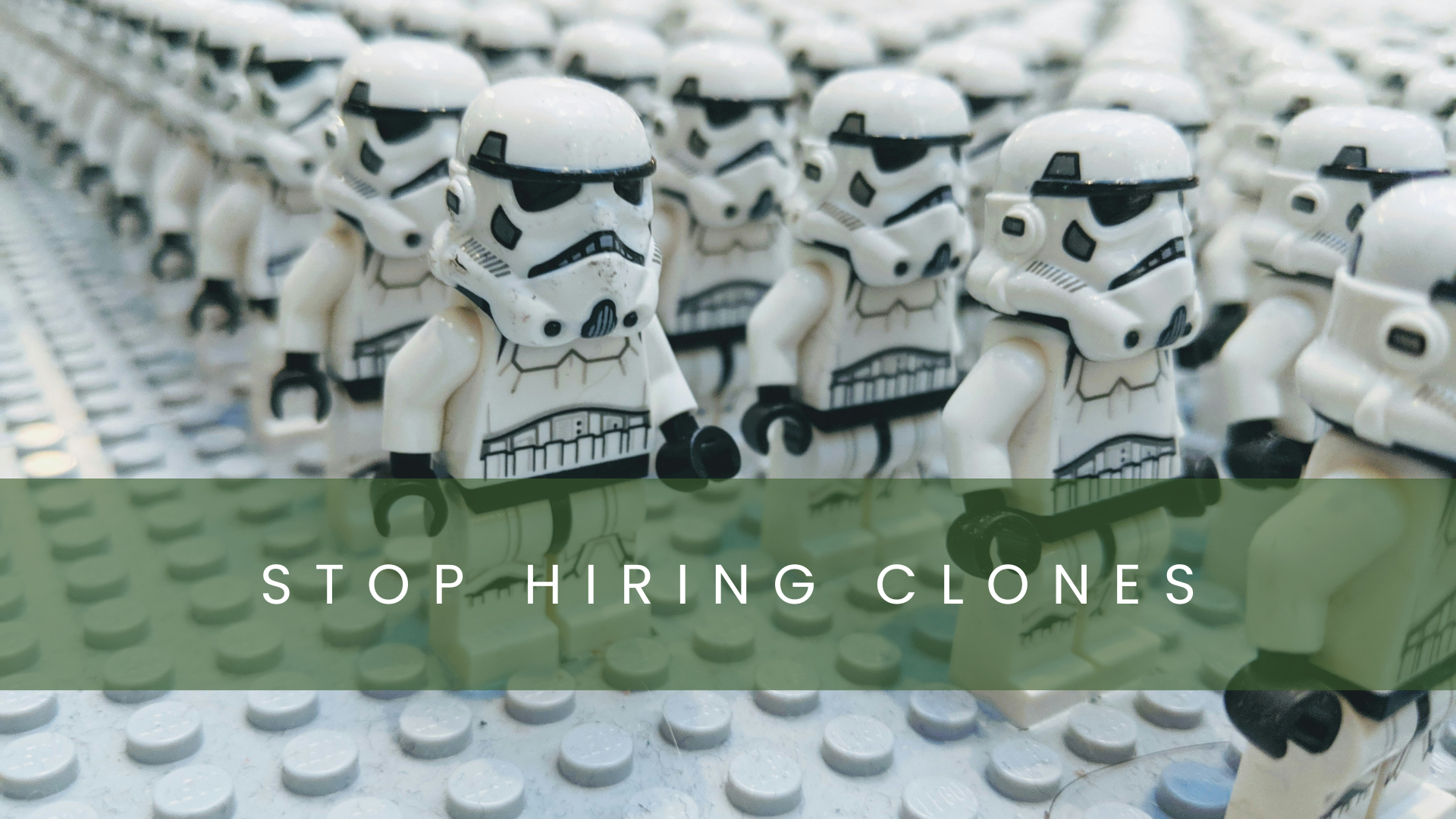The interview room smells of fresh coffee. The candidate has rehearsed every answer, every gesture they think the panel wants to see. A question troubles me as I watch this courteous dance: what if no one here is willing to challenge them? The panel isn't evaluating the future; they're recognizing themselves in every nod, in every familiar smile.
Can this person really take us where we haven't been before, and what's the evidence?
For years, organizations have fallen into the "cultural fit" trap—that seductive phrase that sounds smart but hides an uncomfortable truth: we're hiring versions of ourselves. When we look for someone who "fits in," we reduce uncertainty, but we confuse similarity with suitability. Affinity bias disguises itself as business judgment.
Neuroscience reveals something fascinating: our brains are wired to favor the familiar. But companies that transcend don't emerge from comfort; they arise from the creative friction between different perspectives. As Plato understood in The Republic, true wisdom comes from dialogue between opposing ideas, not from the comforting echo of our own beliefs.
I've learned that everything changes when we dare to reframe the fundamental question. Not "Do they fit in here?" but "What strategic problem do they solve better than us, and what evidence backs that up?" This difference isn't semantic; it's revolutionary. One seeks confirmation, the other seeks evolution.
Don't hire mirrors; hire people who will help you go further.
Exercise: Write down three questions today about what specific problem you're trying to solve in that role and the concrete evidence that answers them. Use these as your standard guide in your next interview and watch how both the conversation and the decision change.
